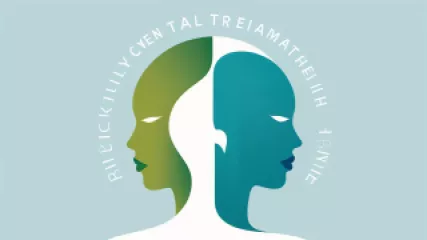10 Proven Ways to Boost Self-Esteem in Seniors
1 year ago
Aging and Self Esteem
Culturally Competent Mental Health Treatment: An Ultimate Guide
1 year ago
Cultural Competence
What Are the Most Common Eating Habits and How to Improve Them?
1 year ago
Eating Habits
Embracing Shyness: An Empowering Perspective
1 year ago
Overcoming Shyness
Virtual Bereavement Support: An Interview with a Grief Counselor
1 year ago
Bereavement Support
How can cognitive behavioral therapy online help with emotional disorders?
1 year ago
Emotional Disorders
Exploring Existential Questions Through Literature and Film
1 year ago
Existential Questions
Enhancing Cultural Competence in Therapy: Key Research Findings
1 year ago
Cultural Competence
My Journey to Healthier Eating Habits
1 year ago
Eating Habits
Lessons From 'The Shawshank Redemption' to Cope With Bereavement
1 year ago
Bereavement Support
10 Proven Tips to Overcome Shyness
1 year ago
Overcoming Shyness
10 Surprising Eating Habits That Boost Mind-Body Connection
1 year ago
Eating Habits
Exploring Existential Questions Through Research
1 year ago
Existential Questions
Behavioral Change: An Interview with a Leading Expert
1 year ago
Behavioral Change
5 Life Lessons from 'The Curious Case of Benjamin Button' to Boost Self-Esteem in Older Adults
1 year ago
Aging and Self Esteem















